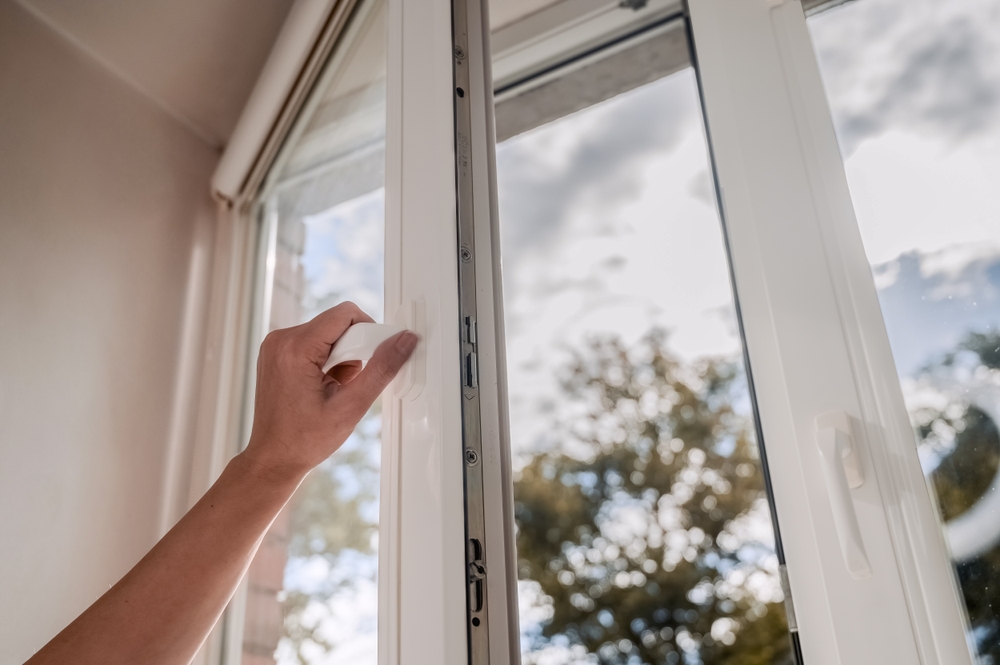Blog

When is the Best Time to Replace a Window?
New windows are essential when it comes to increasing the energy efficiency of your home, helping keep it warmer in winter and cooler in summer.
But is there an ideal time for window replacement? While spring and summer offer distinct advantages for successful window replacement, effective window replacement can take place regardless of the season.
Spring
Installation of new windows during spring can help stop cold air from coming in while decreasing your heating needs, saving money on your hydro and energy bills.
Old windows may become cracked or chipped over time, posing serious safety risks to a child accidentally falling out. They may also become hard to open or close easily; if your windows need to be taped shut to open or close properly it may be time for replacements. Water damage around windows, stained panes or condensation are other indicators of their decline and should also prompt you to consider getting new windows.
Start on one side of the house before moving on to the other for maximum financial and landscaping benefit, reducing disruption while making for an even appearance throughout the home. Keep in mind that older windows often are unbalanced, leading to moisture swells exacerbated balance issues and potentially creating further long-term issues.
Summer
Fog or condensation between panes of glass in older double or triple pane windows indicates that their frames have leaks and it may be time for replacement windows. Fog between window panes allows cold air to enter your home, increasing energy costs and shortening the life of heating equipment.
Leaky windows allow hot or cold outdoor air into your home, which can damage wood and cause it to rot, as well as creating extreme temperature fluctuations that cause extreme temperature swings around each window and cause it to sag or shift in its framing. This infiltration can also cause extreme temperature variations that cause extreme temperature swings around each one - creating extreme temperature variations around them and leading to temperature sags or shifting around its frame.
Window replacement requires ladder work, so it's important to clear away furniture near window openings and prepare your home before the crew arrives. Doing this will reduce how often they return - keeping costs down while avoiding delays to your project.
Fall
Replacing windows can dramatically lower energy bills and add value to your home. If your current windows no longer close and open easily or you are spending more than expected on heating and cooling costs, window replacement should definitely be considered as a solution.
Drafty windows allow cold air to enter your home and increase utility costs while shortening the lifespan of your heating and cooling systems. Replacing them with more energy efficient ones will produce immediate savings through reduced energy usage and greater comfort levels.
Your window and door company will send a customer representative to your home to take measurements, complete an estimate, and help you select the ideal windows to meet both your style and budget. In preparation for this visit, make sure that any furniture is moved away from window openings, as well as delicate items from shelves or walls so the installation crew can install your new windows quickly without incurring damage to them or your walls.
Winter
Signs that it may be time for Ottawa replacement windows include drafts, moisture in the frames, and warped or rotten wood—all of these signal that it may be time for upgrades.
Air leakage through old windows raises energy costs, reduces heating system lifespan and introduces allergens and pests into your home, increasing utility costs as well as decreasing resale value of your home. Upgrading to energy-efficient windows could save money on utility costs as well as increase its resale value.
Installing new windows doesn't need to be an expensive or time-consuming affair; rather, its timing should depend on where they're situated in your home and their proximity to plumbing or electrical lines. Installation in an attic space or two- or three-story homes with higher-than-usual ceiling heights requires extra labor and safety precautions, leading to more complicated procedures requiring more resources and cost.



Comments